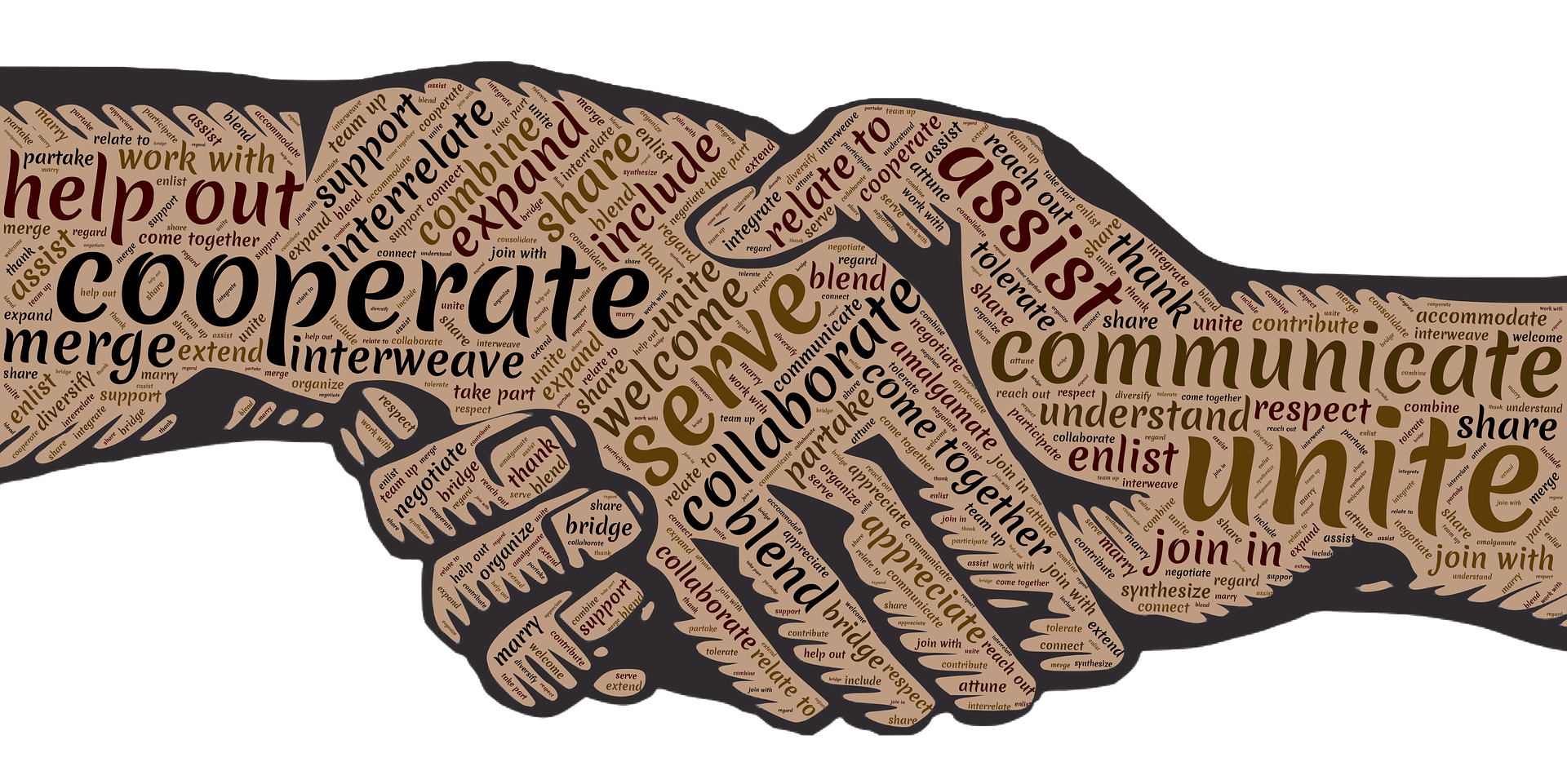Equipping Students to Take the L.E.A.D. through Service Learning

The Illinois Civics Hub (ICH) at the DuPage Regional Office of Education has been at the forefront of supporting the implementation of the 6-8 and 9-12 civics course requirements and social science standards. Embedded in these endeavors are the proven practices of civic education including service learning through informed civic action.
The preparation of our youngest citizens for civic responsibility is key to the health of our constitutional republic. The new Educating for American Democracy (EAD) Roadmap gives voice to the design challenges of “Motivating Agency, and Sustaining the Republic” by posing the questions:
- How can we help students understand the full context for their roles as civic participants without creating paralysis or a sense of the insignificance of their own agency in relation to the magnitude of our society, the globe, and shared challenges?
- How can we help students become engaged citizens who also sustain civil disagreement, civic friendship, and thus American constitutional democracy?
- How can we help students pursue civic action that is authentic, responsible, and informed?
This week, the ICH hosted a webinar on Equipping Students to Take the L.E.A.D. through Service Learning to address each of the design challenges above. The L.E.A.D. acronym refers to the fours steps of service learning explored in the Guardians of Democracy Microcredential program the ICH has created in partnership with the Lou Frey Institute at the University of Central Florida:
- Learn rigorous civic content using essential and supporting questions
- Engage and Explore what is true for you and your community
- Take Authentic Action that has real-world impact in your community
- Digest and Demonstrate learning by communicating conclusions to the essential and supporting questions.
The webinar provided free resources and strategies for each of the steps outlined above that are aligned to Theme 1 of the EAD Roadmap– Civic Participation. Past participants of the Guardians of Democracy Microcredential Program also provided an overview of the strategies and tools that they found helpful in addressing the EAD Design Challenges above. A recording of the webinar can be found on the ICH Webinar Archive.
To learn more about service learning, educators can access the ICH Curriculum Design Toolkit on this proven practice of civic education. The toolkit also provides narratives from teachers of how they implemented service learning in their classrooms this past year amidst a pandemic- no field trip budget, school bus or permission slips needed!
Educators looking for more inspiration on how to address the EAD Theme of “Civic Participation” can access a diverse set of resources on the EAD website using the Educator Resources tab. The growing set of tools on this site can be sorted by theme, grade level, resource type, and more.
The Illinois Civics Professional Calendar for fall features free after-school PD from the News Literacy Project, the Stanford History Education Group, and Dr. Steven D. Schwinn from the UIC School of Law. A description for each webinar and information to register for professional development credits through the DuPage Regional Office of Education is available on the Illinois Civics Hub Professional Development Calendar.
